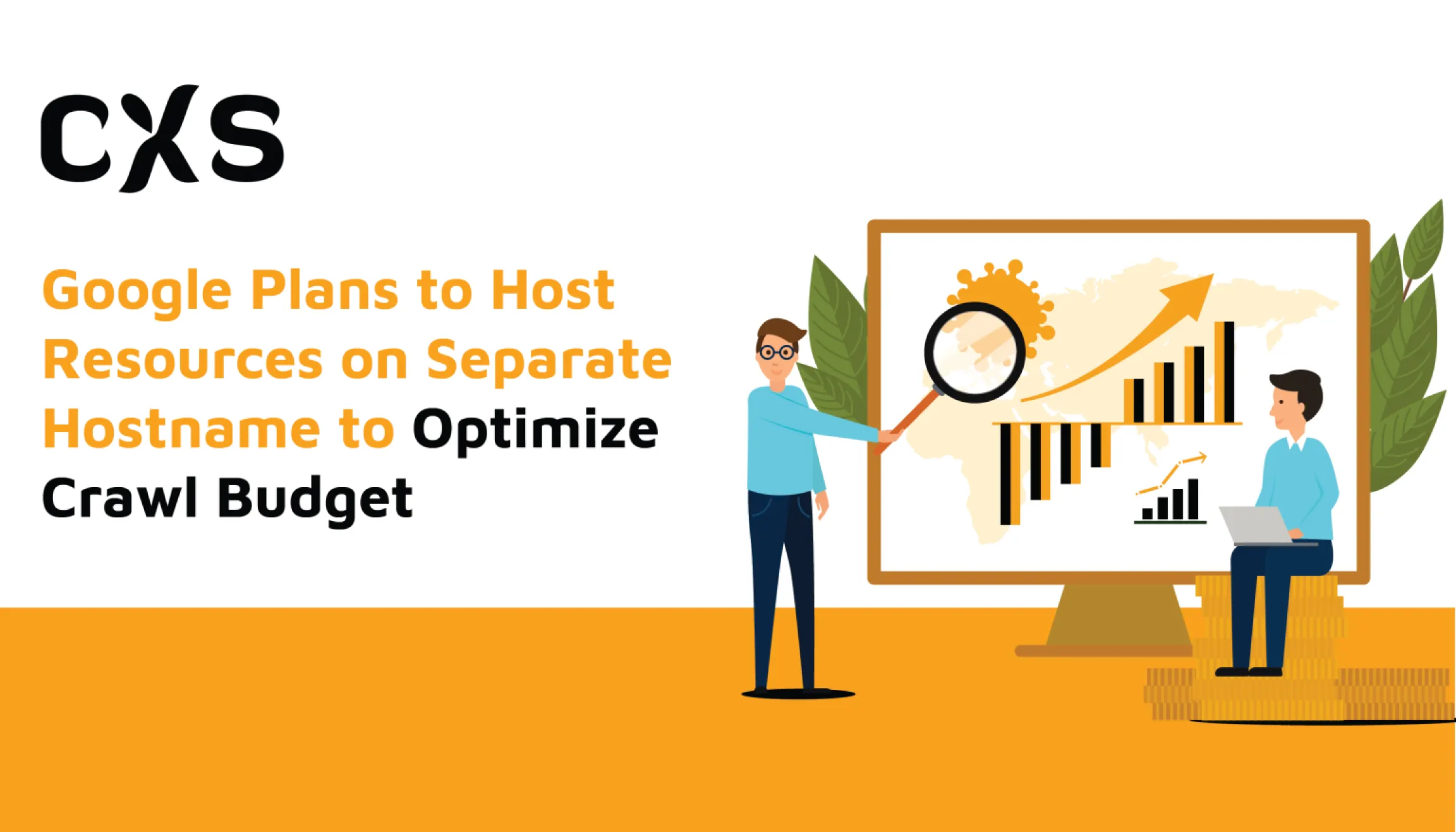Google Plans to Host Resources on Separate Hostname to Optimize Crawl Budget
Google Search Central launched a new series called “Crawling December.” This series provides important insights into how Googlebot crawls and indexes web pages. Every week, Google will release a new article that explores various aspects of the crawling process—many of which aren’t often discussed but significantly impact how websites are crawled and indexed.
Google’s Recommendations for Optimizing Crawl Budget
Google suggests a few key ways to manage the crawl budget better.
- Reduce unnecessary resources
Cutting down on large images, unnecessary scripts, and CSS can help Googlebot crawl your site faster.
- Host resources on separate domains (CDNs or subdomains)
Moving things like images and JavaScript to a separate domain means Googlebot can focus on crawling the important parts of your site.
- Be cautious with cache-busting parameters
Cache-busting forces Googlebot to re-crawl unchanged resources, wasting the crawl budget. Use it carefully.
- Don’t block critical resources
Make sure important files like JavaScript and CSS are accessible to Googlebot. Blocking these can prevent Googlebot from fully understanding your pages.
How Google’s Caching Helps Save Crawl Budget
Googlebot saves resources like JavaScript, CSS, and images for up to 30 days. This caching means Googlebot doesn’t need to fetch the same resources again whenever it crawls your site. It saves the crawl budget and lets Googlebot focus on new or updated content.
Tools and Techniques for Monitoring Crawl Budget
You can track how Googlebot is using your crawl budget by using these tools:
- Google Search Console
This tool shows how often Googlebot visits your site and which pages it crawls most
- Server logs
Checking your server logs lets you see exactly what Googlebot is crawling in real time, helping you find areas where you can improve crawl efficiency.
SEO Benefits of Proper Crawl Budget Management
By optimizing your crawl budget, you ensure that Googlebot crawls and indexes the correct pages. This can lead to better SEO results.
- Better rankings: Googlebot will prioritize your most important pages for indexing.
- Faster updates: Googlebot can crawl new or updated content quickly.
- Improved visibility: Efficient crawl budget usage helps your website appear higher in search results.
Conclusion
To summarise, focus on minimizing non-essential resources, using separate hostnames for large files, and ensuring critical resources are accessible to Googlebot. By implementing Google’s crawl budget recommendations, you can help Googlebot index your site more effectively, improving both crawl efficiency and SEO performance.
Sarosh Khan has been part of CyberX Studio since 2024 as a Content Writer and Strategist. With a degree in Media & Communication Studies, Sarosh is passionate about creating content that is both informative and engaging. She specializes in researching topics and crafting content strategies that help boost engagement and support the studio’s marketing goals.




